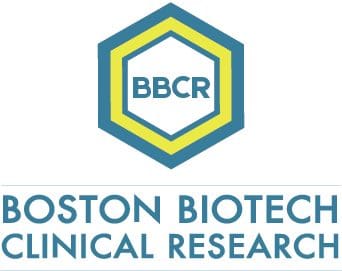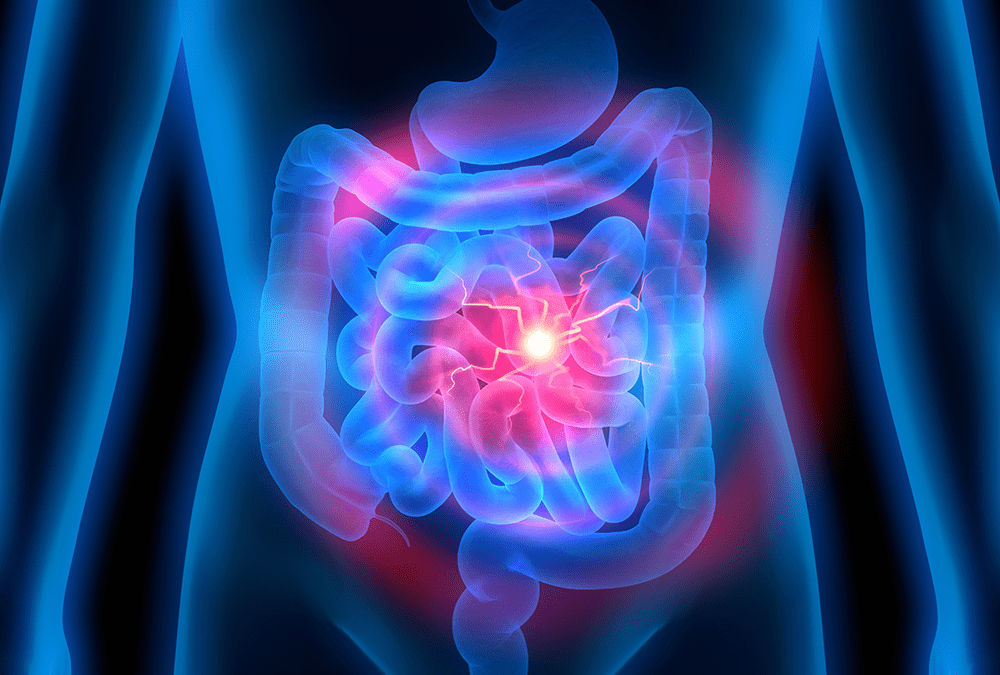Obesity-induced gut microbiome composition is linked with graft-versus-host disease (GVHD) in mice and human after allogeneic hematopoietic stem cell transplantation (HSCT)
By: Dr. Maria Niu
GVHD is a potentially severe immune disorder related to HSCT. In brief, the donor T cells recognize the recipient as non-self or foreign, therefore trigger a wide range of immune responses leading to a series of tissue and organ damage in the recipient. Obesity has been linked to immune response, but the relationship between obesity and GVHD is unknown.
The study published in Sci Trans Med in November 2020 (DOI:10.1126/scitranslmed.aay7713) firstly demonstrated that obesity worsens acute GVHD after allogeneic HSCT. The diet-induced obesity (DIO) mice model was used to investigate the effect of obesity on HSCT.
These mice showed increased gut permeability, gut endotoxin translocation, and radiation-induced gastrointestinal damage. After HSCT, the mice recipients showed increased pro-inflammatory cytokine secretion and immune response. Moreover, the mice recipients exhibited decreased survival, which is correlated with GVHD. The authors further analyzed the impact of body mass index (BMI) in GVHD in human HSCT recipients. They found that high BMI is positively related to high immune response and mortality. Furthermore, both DIO mice and HSCT recipients with high BMI demonstrated less gut microbiome diversity. However, the prophylactic antibiotic may reverse the immune response by decreasing gut bacteria.
Although this study’s finding needs to be further validated, it helps better understand the mechanism of GVHD in HSCT recipients.

Specializing in rare disease, Boston Biotech Clinical Research works with biotech, pharmaceutical, device companies and investors to streamline the clinical trial process. Our experienced team helps each client reach their specific goals by customizing a clinical and regulatory road map of simplified programs and streamlined protocols to meet our clients’ requirements.

